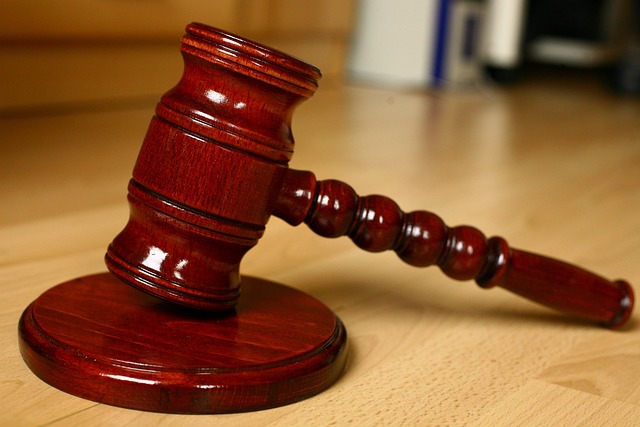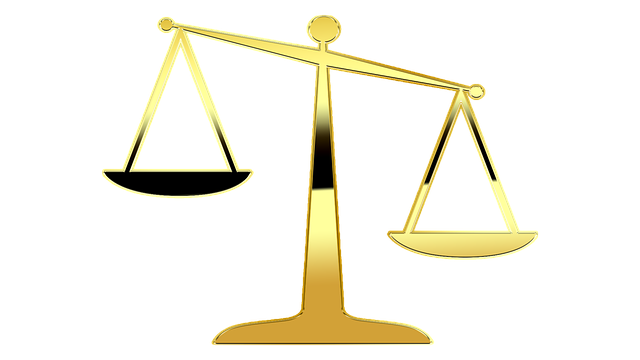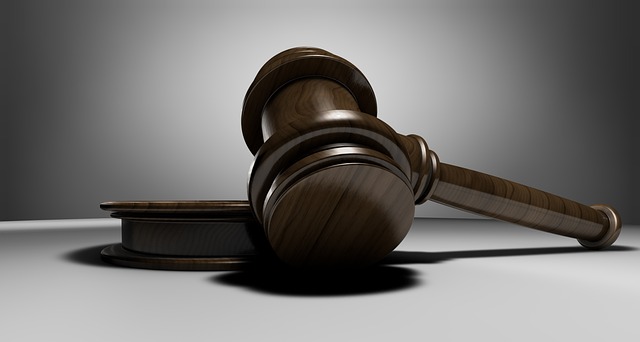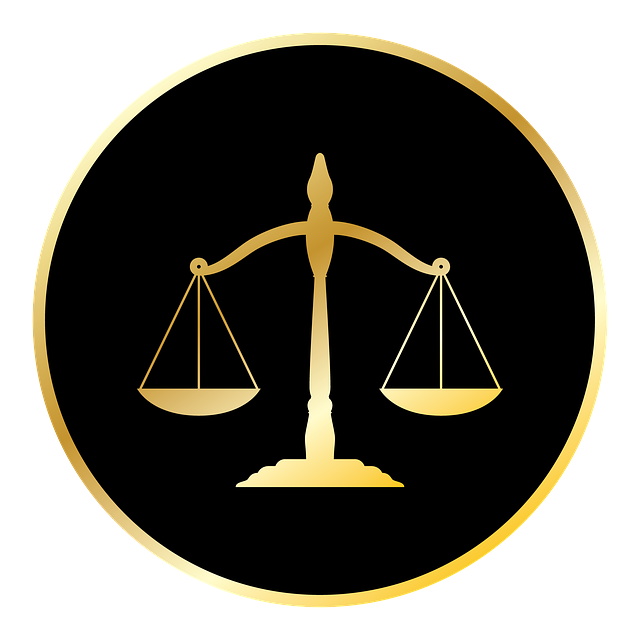
Category: Englewood Colorado Car Accident Settlements
Englewood Colorado Car Accident Settlements: A Comprehensive Exploration
Introduction
In the intricate web of personal injury law and motor vehicle accidents, a significant aspect often takes center stage: car accident settlements. This article delves into a specific yet impactful arena—Englewood, Colorado, and its unique approach to car accident settlements. We will navigate through the legal intricacies, economic implications, technological integrations, and policy frameworks that shape this region’s response to traffic collisions. By exploring these facets, readers gain valuable insights into how one community handles post-accident resolutions, offering a lens into potential best practices for similar areas worldwide.
Understanding Englewood Colorado Car Accident Settlements
Definition: Englewood Colorado Car Accident Settlements refer to the process and outcome of negotiations and legal agreements between parties involved in motor vehicle crashes within the boundaries of Englewood, Colorado. It encompasses the financial compensation, liability determinations, and various dispute resolution mechanisms employed to facilitate healing and closure for accident victims and ensure accountability from at-fault drivers.
Key Components:
-
Liability Assessment: Determining fault is a critical initial step. This involves investigating factors like driver negligence, vehicle maintenance, road conditions, and compliance with traffic laws to assign liability and identify responsible parties.
-
Negotiations: Following liability establishment, negotiations begin between the victim’s attorney or insurance representative and the at-fault driver’s insurer. The goal is to reach a mutually agreeable settlement, which may include medical expenses, lost wages, pain and suffering, and other damages.
-
Legal Proceedings: If negotiations fail, the case may proceed to court. In Colorado, civil courts handle such matters, where a judge or jury decides liability and awards damages based on presented evidence and legal arguments.
-
Settlement Agreement: A settlement agreement is a legally binding contract outlining the terms of resolution. It details the compensation amounts, payment schedules, and any other agreements between the parties, ensuring a clear path to closure for all involved.
Historical Context:
Englewood, located south of Denver, has experienced its share of traffic accidents over the years, prompting the development of a structured settlement process. The community’s approach has evolved with changes in state laws and advancements in personal injury litigation. Historically, settlements were often complex due to varying insurance policies and medical billing practices. Over time, standardized procedures and increased awareness of victims’ rights have simplified the process, making it more accessible for residents to seek fair compensation.
Global Impact and Trends
The concept of car accident settlements holds universal relevance worldwide, with each region adopting unique practices shaped by cultural, legal, and economic factors.
-
International Variations: While the core principles remain consistent—liability determination, negotiation, and compensation—the methods differ drastically. Some countries have robust no-fault insurance systems, where insurance companies play a significant role in dispute resolution. In contrast, common law jurisdictions, like Colorado, rely more on litigation, with courts playing a central role in deciding settlements.
-
Emerging Trends: Globalization and digital transformation have influenced car accident settlements. Online platforms facilitate claims filing and negotiation, offering faster resolutions. Additionally, the rise of autonomous vehicles introduces new complexities, requiring updated legal frameworks to address liability when accidents involve self-driving cars.
-
Regional Differences: The United States, with its diverse state laws, presents a complex landscape. Each state’s approach to settlements varies, from strict rules favoring quick resolutions to more flexible systems allowing extensive litigation. Englewood, being part of Colorado, operates within this nuanced legal environment, leveraging both state-specific practices and broader national trends.
Economic Considerations
Car accident settlements have significant economic implications, impacting individuals, businesses, and the overall regional economy.
| Economic Aspect | Impact |
|---|---|
| Medical Costs: Accidents often result in substantial medical expenses for victims. Settlements cover these costs, ensuring access to necessary care and promoting faster recovery. | Financial burden on victims and their families reduced, allowing them to focus on healing. |
| Lost Wages/Income: Victims may face income loss due to injuries or prolonged rehabilitation. Settlements compensate for these losses, aiding in financial stability during a challenging period. | Stabilizes victims’ financial situation, preventing potential economic hardships. |
| Business Impact: Local businesses, especially those related to healthcare and auto repair, experience economic fluctuations post-accidents. Settlements can stimulate local economies by supporting these businesses. | Boosts regional business activity and contributes to employment growth. |
| Insurance Premiums: Settlement amounts influence insurance costs for drivers. Higher settlement rates may lead to increased premiums, impacting individual and commercial insurers. | Potential for higher insurance costs for residents and businesses, affecting overall financial health. |
Technological Advancements
Technology plays a pivotal role in modern car accident settlements, enhancing efficiency, transparency, and accessibility.
-
Digital Claims Filing: Online platforms allow victims to file claims promptly, providing easy access to necessary forms and resources. This streamlines the initial process, enabling faster negotiations or court proceedings.
-
Medical Record Digitalization: Electronic health records facilitate efficient sharing of medical information between parties, reducing paperwork and potential errors in documentation.
-
Autonomous Vehicle Technology: The rise of self-driving cars introduces unique challenges and opportunities. Advanced driver-assistance systems (ADAS) data can aid in fault determination, while the development of new liability frameworks is essential to address emerging legal complexities.
-
Blockchain for Settlements: Blockchain technology offers secure and transparent settlement recording, ensuring all transactions are immutably documented, reducing fraud risks, and streamlining dispute resolution processes.
Policy Frameworks and Best Practices
Englewood’s car accident settlement process is guided by Colorado’s laws and regulations, which have evolved to support victims’ rights and fair resolutions.
-
Statute of Limitations: Colorado has a specific time frame (usually 2 years) within which legal actions related to accidents must be initiated. This encourages prompt settlements or litigation to avoid statutory bars.
-
Victims’ Rights Laws: These laws protect accident victims, ensuring their rights are respected throughout the settlement process. They include provisions for fair representation, access to justice, and protection from bad-faith practices by insurers.
-
Court-Approved Settlement Agreements: In cases reaching court, judges play a critical role in reviewing settlement agreements to ensure fairness and reasonableness, protecting victims’ interests.
-
Community Education: Englewood’s legal community actively educates residents on their rights and responsibilities regarding car accidents, empowering them to navigate the settlement process effectively.
Conclusion
Englewood Colorado Car Accident Settlements represent a complex interplay of legal, economic, and technological factors shaping a community’s response to traffic collisions. By understanding these dynamics, we gain insights into how settlements can be managed efficiently, fairly, and with a focus on victim healing. As technology advances and global trends evolve, the lessons learned from Englewood’s approach may contribute to the development of best practices for car accident dispute resolution worldwide.









